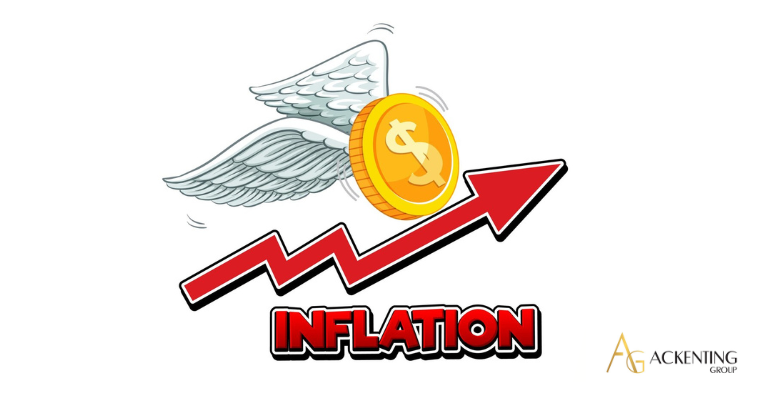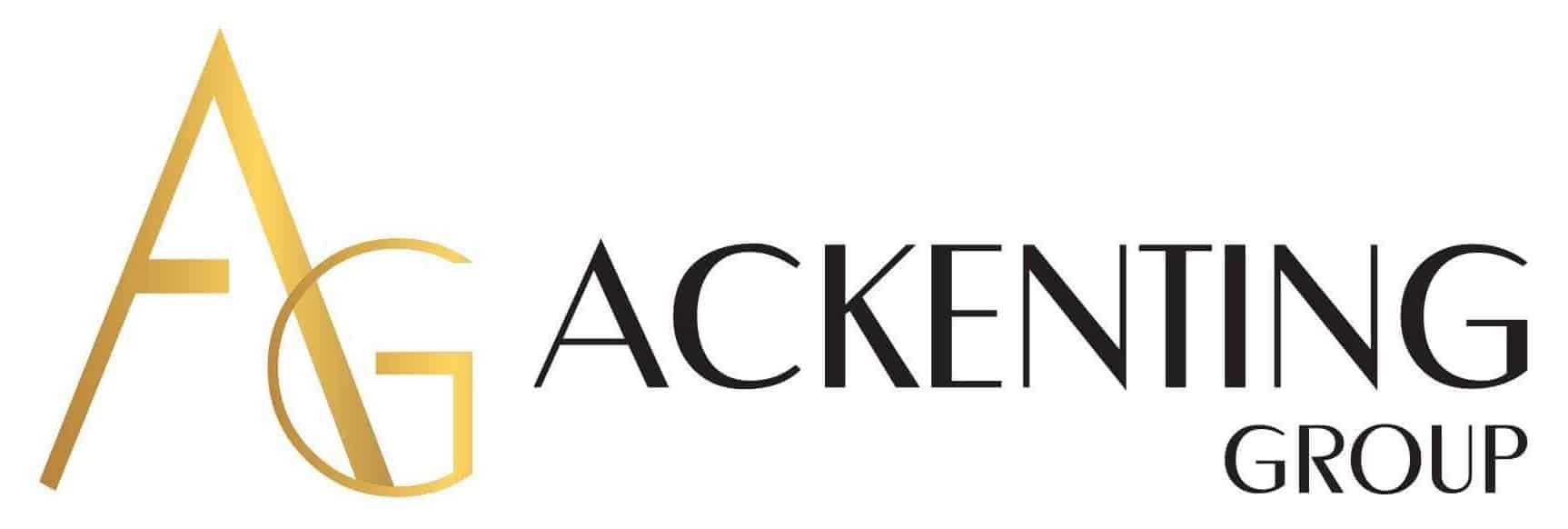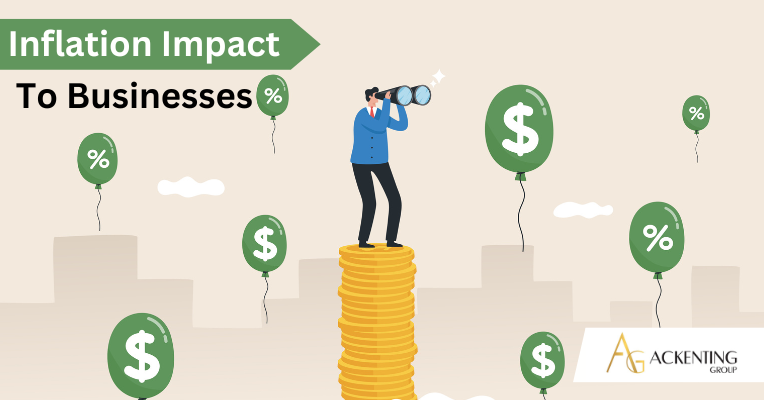Inflation Impact To Businesses: The Good &The Bad
For businesses to succeed, it is crucial for business owners to understand the key factors that impact their bottom line. One of which is inflation. On an average day, the inflation rate is targeted to increase at two per cent each year. However, with the current situation, many nations around the world are seeing an inflation rate of 8.6 per cent. Inflation is the result of the general scale of economic trends at play in the current market. In Singapore, MAS is the relevant authority to control Singapore inflation.
In this article, we will explore ways of inflation impact to businesses and how you, as a business owner, can mitigate the impact.
How does inflation impact a business?
Inflation impacts businesses in several ways, especially when pertaining to purchasing power and cash flow. Particularly for small businesses, inflation puts pressure on them, which often leads to loss of profit. Hence, it is crucial for business owners to be concerned and know what to do at such a time.
While inflation brings a negative impact to businesses, it is vital to know that not every business is equally affected. Those that can increase their selling costs without losing customers are more likely to survive the inflation than those that are not able to do the same.
Inflation can impact businesses both negatively and positively. The five most common ways are:
1. Disruptions of supply chain
Inflation leads to problems in the supply chain as gas prices rise exponentially, resulting in business owners looking to source products and materials at the least expense possible. Also, delay in supply chain production also leads to a drop in earnings.
2. Increase in consumer price index
When consumers are paying more for goods and services, it, in turn, raises the consumer price index, which leads to rising production costs and, ultimately, a decrease in purchasing power for businesses and consumers.
3. Harder to invest
It can be difficult for investors to invest in businesses when inflation is high. This is because the potential return of interest is definitely lower than the inflation rate.
4. Higher employee wages
Inflation leads to having to increase employees’ salaries in order for them to match purchasing power as prices rise. This increases pressure on the company, leading to a decline in profitability.
5. Increase inventory and overhead costs
As the cost of raw materials increases, it can lead to higher inventory and overhead costs for businesses, eating into their profits and reducing their bottom line.

How should small business owners prepare for inflation?
Depending on the business type, inflation impacts businesses differently. For example, increased inflation may lead to a decrease in expenditures on motor vehicles and holidays. Hence, businesses that are consumer-based, such as restaurants and retail outlets, might feel the pinch. On the other hand, inflation also leads to higher interest rates. Hence, businesses that rely on borrowing money might feel the increased pinch.
While inflation does affect the general market adversely, it does actually offer some benefits, such as stimulation of growth in the economy. Hence, it is vital to plan ahead and put in place a pricing strategy to lessen the impact of inflation. One way is to increase your price together with the inflation rate. This will help your business maintain equal profit margins.
Another way is to offer promotions and discounts to help balance out the increased cost of goods and services.
Positive Inflation Impact To Businesses
1. Increased profits
Inflation leads to an increased price for labour, energy, and materials. Hence, if businesses are able to increase consumers’ costs successfully, their profits will equally increase.
2. Encourages investments
Although inflation can make it hard for investors to invest, the expectations of increased profits can also be the deciding factor for investors to take advantage of in this season.
3. Reduces debt burdens
The actual value of incurred debts drops with inflation. This means that businesses can free up existing cash flows and borrow more, leading to the potential for better investments and growth.
4. Increased efficiency
Businesses become more productive and efficient in their workflow in order to stay ahead of the competition. Hence, inflation does lead to a long-term increase in competitiveness and productivity.
5. Create jobs
Inflation leads to an increase in demand for goods and services. This means more workers are required, which, when played right, can counter the rise in unemployment commonly associated with inflation.
Conclusion
As long as businesses look ahead, knowing that inflation will always come into play, they can take better steps to protect themselves. For example, raising the price in advance of impending inflation so as to maintain profit margins. Also, investing in long-lasting and quality products so as to avoid replacing them often are some ways they can do to protect themselves during inflation.
At the end of the day, all these can be avoided by ensuring proper accounting and cash management. Should you require professional and expert advice in such areas, Ackenting Group can help you with that. Providing a range of professional corporate services, such as audit services, branding services, corporate finances, financial reporting services, and many more for more than ten years, we can help your business tide through this inflation period.
For more information, you may reach us at https://ag-singapore.com/.














